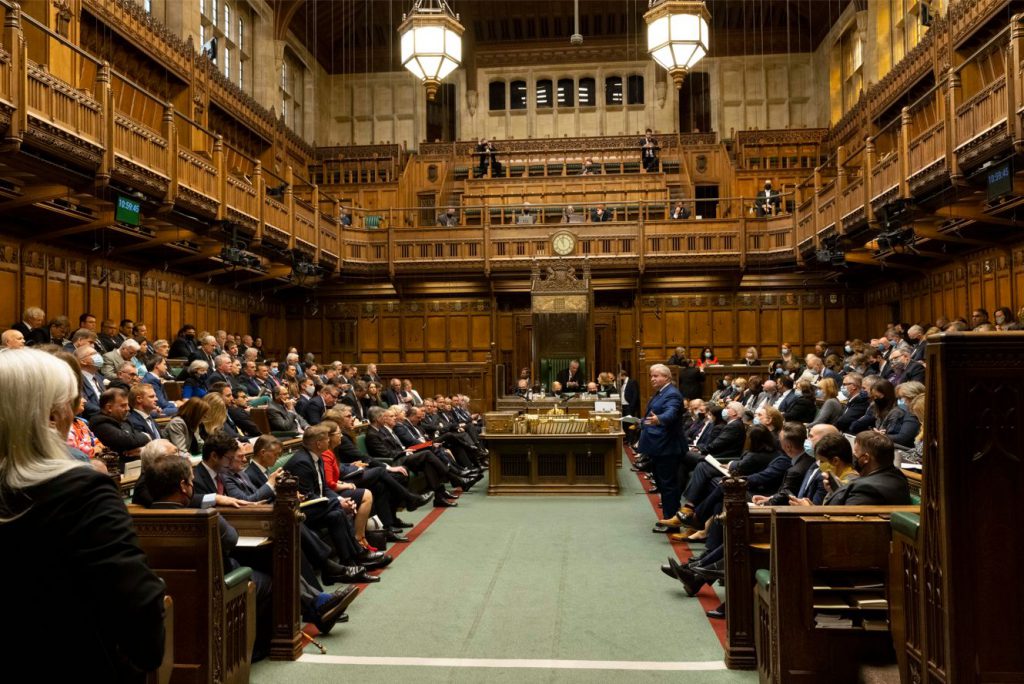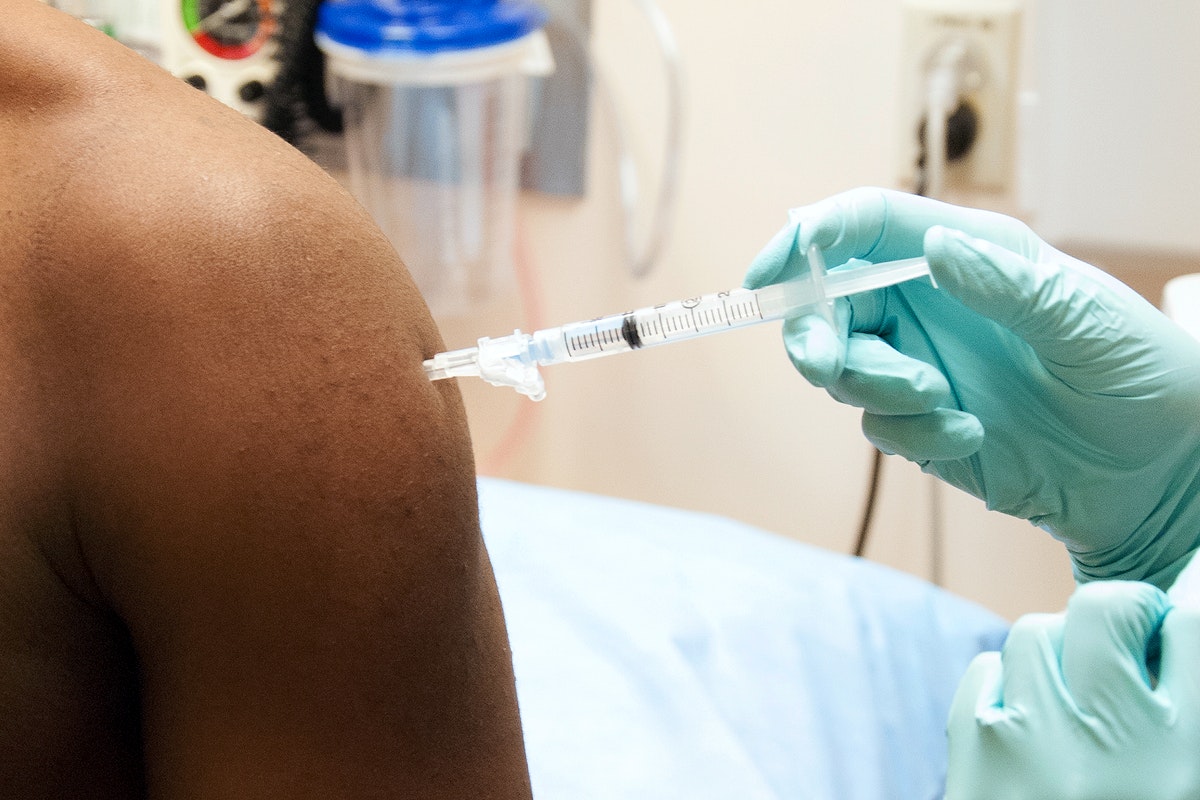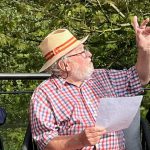Record high infections, rising hospital admissions, a shortage of covid tests, a government resisting calls for tighter precautions.
The data was unclear and incomplete.
The government was pinning its hopes of managing the new Omicron variant on an accelerated campaign of booster vaccine shots and a mix of advice and rules.
The public were making their own decisions on how to protect themselves and their families.
It was a familiar litany at the end of 2021 after nearly two years of covid.
And although there were signs that illness from Omicron was less severe than previous variants, the high numbers of infection led to shortages of staff and consequent service cutbacks in the health sector and in a hospitality industry that counts on Christmas for a major portion of its annual revenue.
It came against a rapidly shifting political backdrop – growing distrust and plummeting polls for the prime minister.
Boris Johnson actually acted quickly for the first time in the pandemic when the rapidly spreading Omicron variant was first detected in the UK on November 27 – three days later making face masks mandatory on public transport and retail locations, and reimposing travel restrictions including compulsory PCR tests and quarantine as necessary for everyone arriving the UK.
But that same day, November 30, the Daily Mirror reported on Christmas parties a year earlier where the prime minister and his staff appeared to break his own covid rules.
Johnson claimed covid laws were followed at all times and various cabinet ministers repeated that position as the Mirror’s political editor Pippa Crerar – followed by other media – revealed more details, photos, and more parties.
After just a week, climaxing with a video on ITV News where his staff appeared to joke about the key party on 18 December 2020, Johnson apologized in Parliament for any offence and announced that his most senior civil servant cabinet secretary Simon Case would investigate.
Case had to remove himself from the case 10 days later after reports of a rule-breaking event in his own office.
The revelations reinforced a long-simmering narrative of privilege and sleaze that appeared to show the Johnson government operated as if there was one set of rules for the public and another for themselves – so his people could party even as the rest of the country had to follow tight rules and lockdowns that required social distancing, restricted social gatherings, and kept families and friends apart.
Johnson tried to refocus attention on covid with further precautionary measures and advice, a national television address, and repeated urgings for people to get the vaccine. All while trying to balance conflicting pressures from the health sector and Opposition parties for stricter precautions, the hospitality and travel sectors to keep businesses open, and some of his own MPs ideologically opposed to covid rules.
But levels of distrust and anger were so high that even some of his own MPs suggested he was using his covid measures to deflect attention from the scandals.
On 14 December 99 of his own MPs voted in the House of Commons against a key element in Johnson’s “Plan B” to deal with covid infections – so he had to depend on support from the Opposition Labour party to get his legislation passed.
It was the biggest rebellion since Johnson was elected in 2019 and came despite a multi-pronged attempt to head it off.
It was fuelled by a toxic mix of questions about his leadership – his botched attempt in early November to save fellow MP Owen Paterson from suspension for breaking MPs’ lobbying rules, the Christmas 2020 party revelations, ideological opposition to many covid rules, and falling public support.
Paterson was found by the Parliamentary standards commissioner and the Commons standards committee to have breached lobbying rules by receiving £100,000 a year from two companies. But Johnson tried to change the Commons vote confirming their judgment into a Tory-led review of the rules for MPs.
Multiple fresh allegations of sleaze were levelled at a number of Conservative MPs during the row and ultimately Paterson was forced to resign on November 5, triggering a byelection in his North Shropshire constituency.
The Conservatives lost that byelection on December 16 – for the first time in North Shropshire since 1904 – in a 34% vote swing to the Liberal Democrats.
Covid status 1 January 2022
Covid rules end of 2021
Omicron spreads
Where are the lateral flow tests?
Fewer hospital cases
UK record borrowing
Christmas 2021 – a mixed covid bag – The Observer view
UK on Covid worldometer 1 Jan. 2022
Covid timeline in England
Covid across the world – WHO
First Omicron cases in UK – Nov.27
Boris acts – Nov.30
PartyGate
Nov. 30 – The Mirror reveals Christmas 2020 party
The Conservative Party parties
Boris parties?
Dec.7 – ITV shows PM staff joking
Dec.8 – Johnson apologizes, announces investigation
Dec.17 – Simon Case resigns from investigation
Simon Case
Party timeline
The party story – Full Fact
Questions of trust
Dec.8 – Public opinion – YouGov
Dec.8 – Public opinion – Savanta ComRes
A newer covid plan
Dec. 8 – Boris announces Plan B
A covid plan – or a covert plan?
Ryanair mocks plan
Tories rebel
Conservative revolt
Tory rebellion – how it happened
Tory rebellion – why it matters
Boris’ track record on 7 scandals

Owen Paterson
Nov.3 – Owen Paterson avoids suspension
Nov.4 – Paterson resigns
The Owen Paterson story
Owen Paterson
North Shropshire byelection
Dec.16 Conservatives lose North Shropshire
Boris on notice
Can Boris recover?
Last Chance Saloon?





